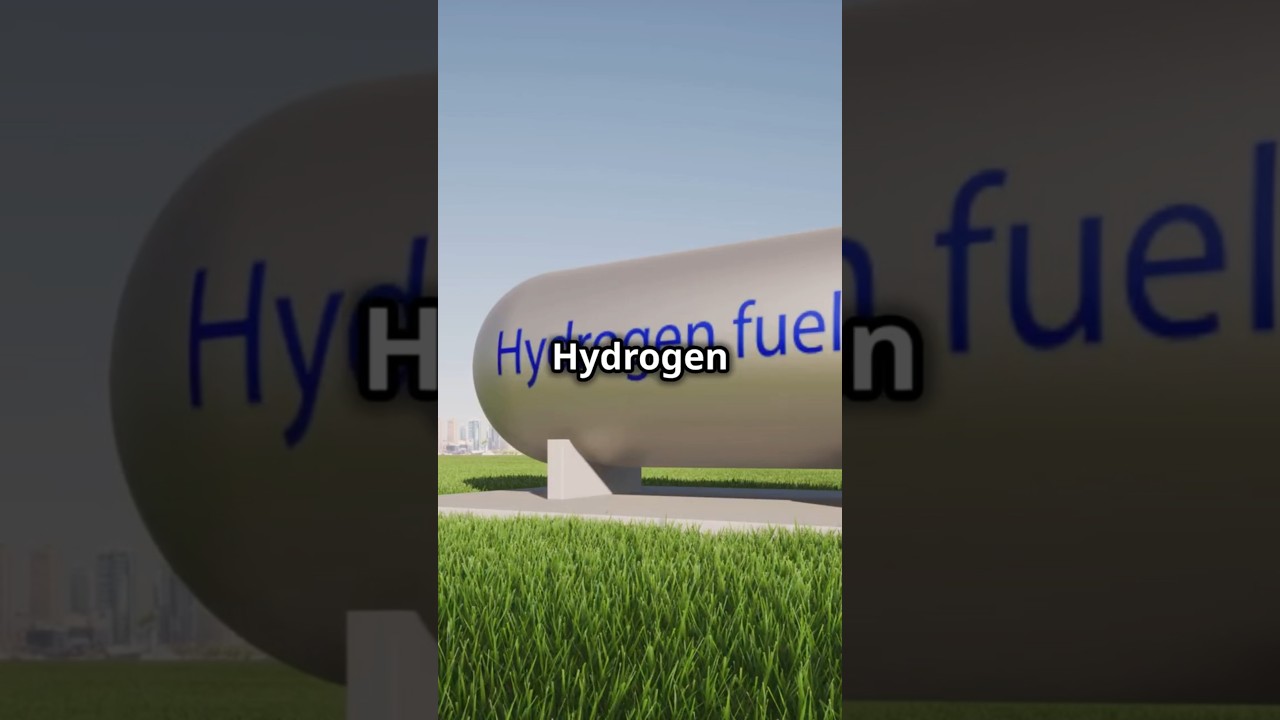
Hydrogen engine technology is a fascinating field with the potential to revolutionize transportation and contribute to a cleaner energy future.
Here’s a breakdown of what you need to know:
What are Hydrogen Engines?
Hydrogen engines are internal combustion engines that use hydrogen gas (H2) as fuel instead of gasoline or diesel. They work similarly to conventional engines, but with some key differences:
Fuel: Hydrogen is stored in high-pressure tanks and injected into the combustion chamber.
Combustion: Hydrogen burns rapidly and cleanly with oxygen, producing only water vapor as a byproduct.
Emissions: No carbon dioxide (CO2) or other harmful pollutants are released during operation.
Types of Hydrogen Engines:
There are two main types of hydrogen engines:
Spark-ignited: Similar to gasoline engines, these use a spark plug to ignite the hydrogen-air mixture.
Compression-ignited: Similar to diesel engines, these rely on the high temperature and pressure created by compression to ignite the hydrogen.
Advantages of Hydrogen Engines:
Zero tailpipe emissions: The only byproduct is water vapor, making them environmentally friendly.
High efficiency: Hydrogen engines can be more efficient than traditional gasoline engines.
Fast refueling: Refueling a hydrogen vehicle can be as quick as filling a gasoline car.
Long range: Hydrogen vehicles can have a longer driving range compared to some electric vehicles.
Challenges of Hydrogen Engines:
Hydrogen production: Producing hydrogen in a sustainable and cost-effective way is crucial.
Storage and infrastructure: Storing and transporting hydrogen requires specialized infrastructure, which is still under development.
Cost: Currently, hydrogen engines and vehicles are more expensive than traditional options.
Durability: Ensuring the durability and longevity of hydrogen engine components is an ongoing area of research.
Applications of Hydrogen Engines:
Hydrogen engines can be used in a variety of applications, including:
Passenger cars: Several automakers are developing hydrogen-powered cars.
Commercial vehicles: Trucks, buses, and trains can benefit from hydrogen’s long range and fast refueling.
Power generation: Hydrogen engines can be used for stationary power generation, providing clean electricity.
Key Players and Developments:
Toyota: A leader in hydrogen technology, with the Mirai fuel cell vehicle and ongoing research into hydrogen engines.
Cummins: Developing hydrogen engines for heavy-duty trucks and power generation.
Hyundai: Investing in hydrogen fuel cell technology and exploring hydrogen engine applications.
BMW: Conducting pilot projects with hydrogen-powered vehicles.
The Future of Hydrogen Engines:
While still in its early stages, hydrogen engine technology holds great promise for a sustainable transportation future. As research and development continue, and infrastructure expands, hydrogen engines could play a significant role in reducing our reliance on fossil fuels and mitigating climate change.
source







Except, Hydrogen is like a ghost. It sometimes decides walls are too limiting.